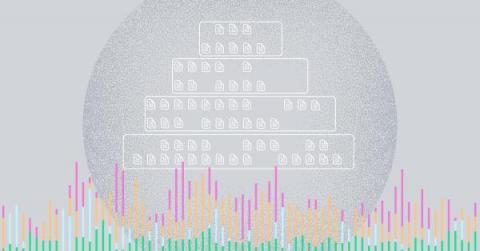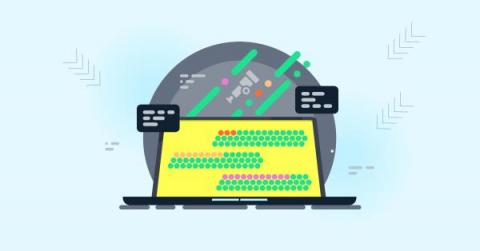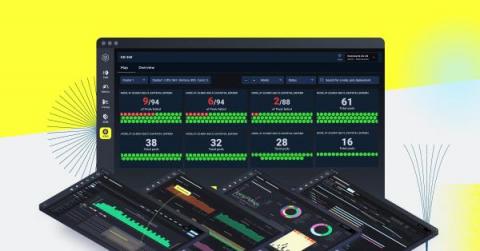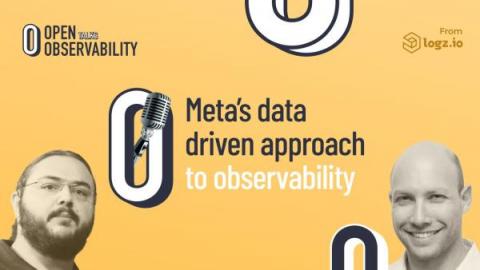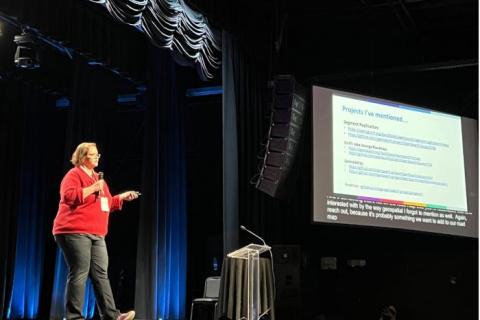Tis the Season: 3D Observability for Prometheus + Grafana + Octoprint
You may get lucky this holiday season with a new 3D printer, either as a gift or something you give yourself as a reward for all your hard work this year. Household 3D printers have made tremendous strides in ease of use and affordability over the last decade.





